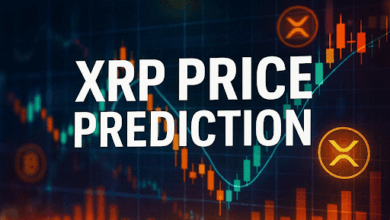Polymarket Gets CFTC Nod for U.S. Market Expansion
Polymarket gains CFTC approval, paving the way for intermediated U.S. market participation.

- Polymarket secures amended designation from the CFTC
- U.S. market intermediaries can now engage legally
- A key step toward broader prediction market adoption
In a significant regulatory milestone, Polymarket has secured approval from the U.S. Commodity Futures Trading Commission (CFTC) for an amended designation that will allow intermediated access to U.S. markets. This decision marks a pivotal development for the blockchain-based prediction market, giving it a stronger legal footing and broader reach within the United States.
What the CFTC Approval Means
The CFTC’s amended order allows Polymarket to operate under specific conditions that now include intermediated access. Previously, the platform operated in a regulatory gray area, especially in the U.S., due to unclear rules around prediction markets.
This approval signals recognition from the CFTC that Polymarket is moving toward greater compliance and oversight. It opens the door for brokers and other regulated entities to interact with the platform, which is a major step in legitimizing decentralized forecasting platforms in the traditional financial ecosystem.
Implications for the Crypto and Prediction Markets
Polymarket has been at the forefront of turning real-world events into tradable markets. From political outcomes to economic indicators, the platform enables users to speculate on a variety of topics using USDC on the Polygon blockchain.
With this new CFTC designation, Polymarket is set to attract more institutional and retail users who were previously hesitant due to legal concerns. The change also hints at evolving attitudes in U.S. regulatory circles toward the integration of crypto-based applications into mainstream finance.
As the platform strengthens its regulatory standing, it could set a precedent for other decentralized prediction platforms seeking legitimacy. This move may also accelerate the adoption of event-based markets as a valid tool for hedging, speculation, and even information discovery.



